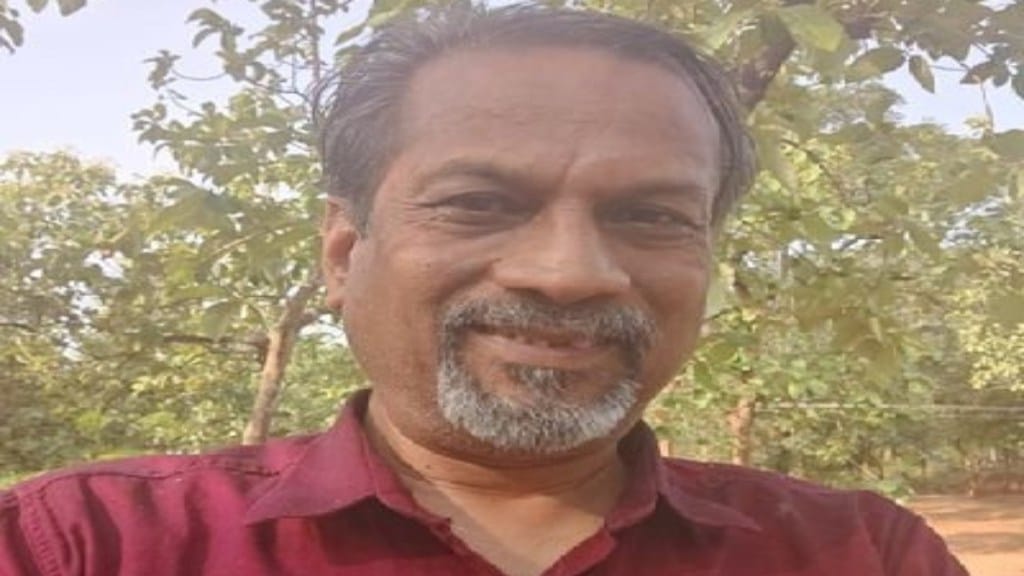Amid the ongoing controversy over Hindi imposition in Tamil Nadu, Zoho’s CEO Sridhar Vembu, sparked an online debate on X (formerly Twitter) by pointing out a growing divide in Hindi education in Tamil Nadu.
In his post, he highlighted that CBSE schools, even in rural areas, are expanding rapidly and that these institutions universally teach Hindi. He noted that parents who can afford private school fees prefer CBSE schools, leaving students from lower-income backgrounds, who attend government and aided schools, with limited access to Hindi education.
“CBSE schools are growing fast even in rural Tamil Nadu and they all teach Hindi. Parents who can afford the fees prefer to send their kids to CBSE school. Only the children of poor parents who cannot afford the fees go to government or aided schools and are denied the opportunity to learn Hindi. We hire a lot of those students. These are the plain facts,” Vembu stated, emphasising that his company hires many such students who lack Hindi proficiency.
An user expressed surprise at Sridhar Vembu’s stance, highlighting the challenges first-generation learners face in acquiring a second language, especially in rural areas. They urged him to guide governments with his field experience rather than aligning with political views and shared their insights as an English teacher in Tamil medium schools. “I am surprised that Mr.
@svembu of all people is saying this. He knows the academic challenges faced by first generation learners. He knows how difficult it is to teach even a second language to students in rural areas where the language is completely absent in their environment. Sir, One need not always blindly take the stand of the political party one supports. People like you should be guiding governments with your knowledge gained from the field. Please read this piece written by me from my experience as an English teacher in an urban Tamil medium school.”
Vembu’s remarks came in response to a post detailing Hindi education trends in Tamil Nadu. The post noted that 60 lakh students in CBSE schools study Hindi, and this number is steadily increasing. Over 5 lakh students appear for exams conducted by the Dakshina Bharat Hindi Prachar Sabha. 83 lakh students in government and aided schools do not study Hindi and overall, 47% of students in Tamil Nadu have exposure to Hindi.
Vembu has previously emphasised the significance of learning Hindi. In an earlier statement, he pointed out that the limited Hindi proficiency among rural engineers in Tamil Nadu creates challenges for businesses like Zoho.
Tamil Nadu’s resistance to Hindi education
Tamil Nadu has resisted Hindi imposition and follows a strict two-language policy—Tamil and English—which has been in place for over five decades.
The DMK-led Tamil Nadu government has repeatedly accused the central government of attempting to impose Hindi through the National Education Policy (NEP) 2020. The NEP recommends a three-language formula, which includes Hindi as an additional language. Tamil Nadu, however, has staunchly rejected this policy, viewing it as an attack on its linguistic heritage.

